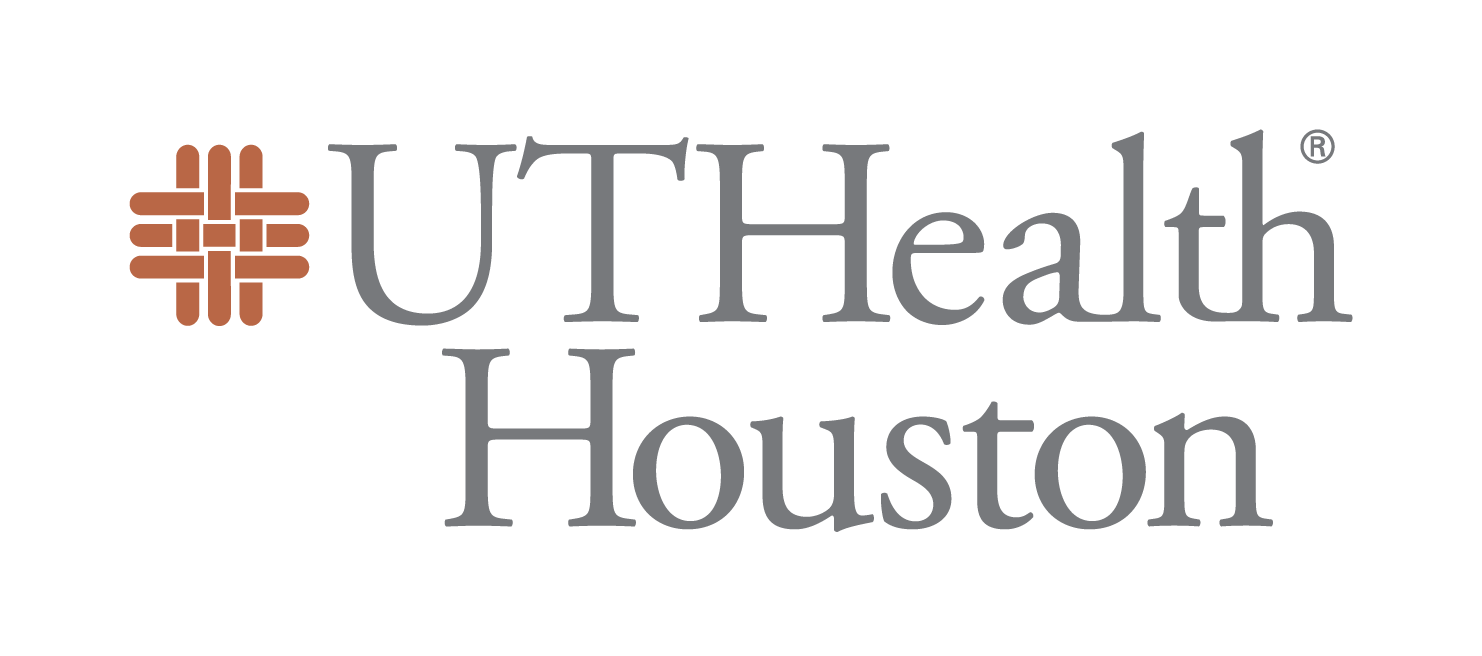| Tissue | Expression Dynamics | Abbreviation |
| Esophagus | 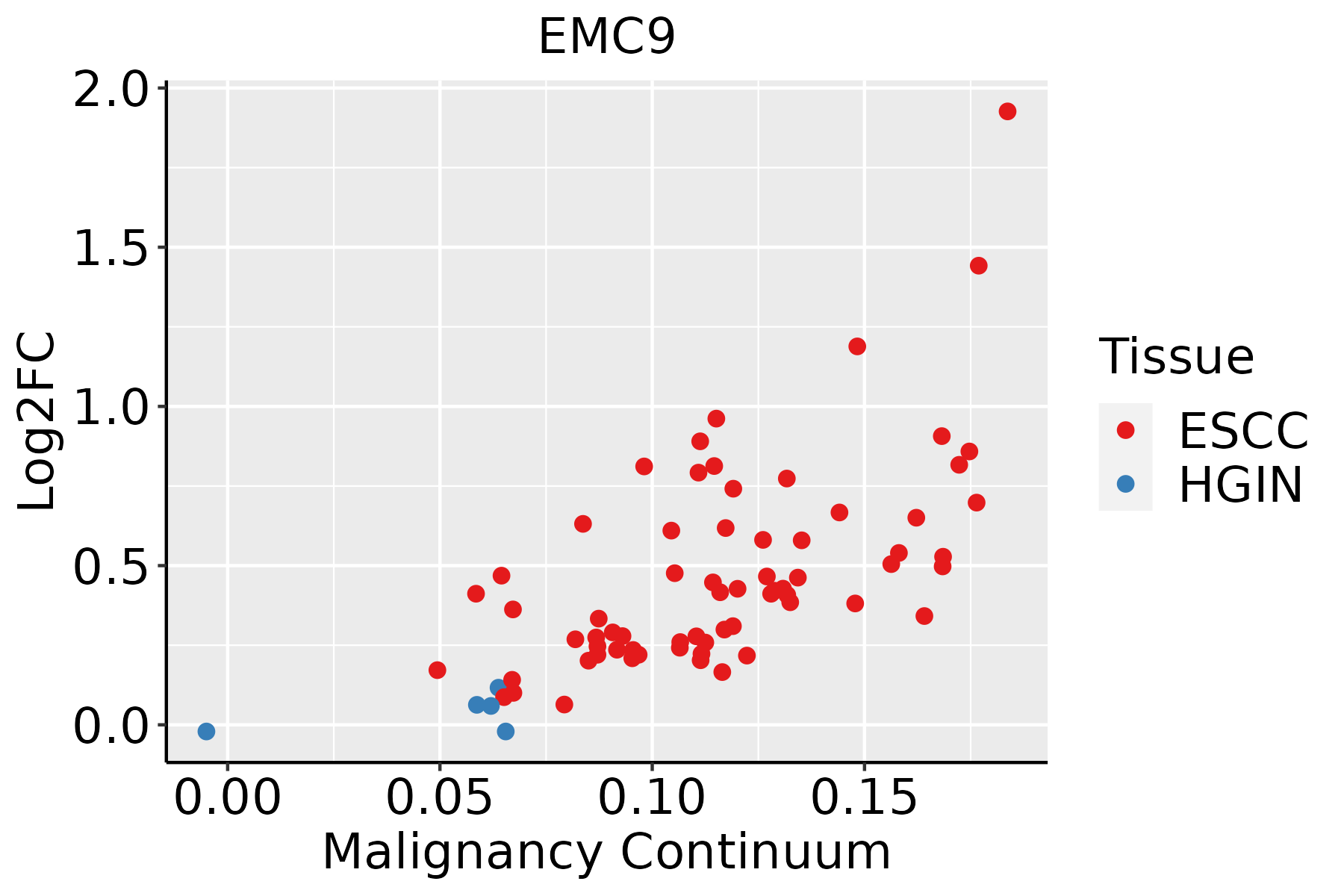 | ESCC: Esophageal squamous cell carcinoma |
| HGIN: High-grade intraepithelial neoplasias |
| LGIN: Low-grade intraepithelial neoplasias |
| Liver |  | HCC: Hepatocellular carcinoma |
| NAFLD: Non-alcoholic fatty liver disease |
| Oral Cavity |  | EOLP: Erosive Oral lichen planus |
| LP: leukoplakia |
| NEOLP: Non-erosive oral lichen planus |
| OSCC: Oral squamous cell carcinoma |
| Skin |  | AK: Actinic keratosis |
| cSCC: Cutaneous squamous cell carcinoma |
| SCCIS:squamous cell carcinoma in situ |
| GO ID | Tissue | Disease Stage | Description | Gene Ratio | Bg Ratio | pvalue | p.adjust | Count |
| GO:0090150110 | Esophagus | ESCC | establishment of protein localization to membrane | 182/8552 | 260/18723 | 1.27e-15 | 8.19e-14 | 182 |
| GO:000702914 | Esophagus | ESCC | endoplasmic reticulum organization | 65/8552 | 87/18723 | 3.28e-08 | 6.08e-07 | 65 |
| GO:005120515 | Esophagus | ESCC | protein insertion into membrane | 46/8552 | 57/18723 | 5.90e-08 | 1.04e-06 | 46 |
| GO:004504812 | Esophagus | ESCC | protein insertion into ER membrane | 21/8552 | 22/18723 | 8.75e-07 | 1.13e-05 | 21 |
| GO:007181611 | Esophagus | ESCC | tail-anchored membrane protein insertion into ER membrane | 17/8552 | 17/18723 | 1.63e-06 | 1.95e-05 | 17 |
| GO:00450503 | Esophagus | ESCC | protein insertion into ER membrane by stop-transfer membrane-anchor sequence | 10/8552 | 10/18723 | 3.94e-04 | 2.26e-03 | 10 |
| GO:009015012 | Liver | HCC | establishment of protein localization to membrane | 168/7958 | 260/18723 | 4.07e-13 | 2.13e-11 | 168 |
| GO:000702911 | Liver | HCC | endoplasmic reticulum organization | 64/7958 | 87/18723 | 3.92e-09 | 1.04e-07 | 64 |
| GO:005120511 | Liver | HCC | protein insertion into membrane | 41/7958 | 57/18723 | 6.42e-06 | 7.83e-05 | 41 |
| GO:0071816 | Liver | HCC | tail-anchored membrane protein insertion into ER membrane | 15/7958 | 17/18723 | 1.31e-04 | 1.07e-03 | 15 |
| GO:00450481 | Liver | HCC | protein insertion into ER membrane | 18/7958 | 22/18723 | 1.91e-04 | 1.49e-03 | 18 |
| GO:0045050 | Liver | HCC | protein insertion into ER membrane by stop-transfer membrane-anchor sequence | 10/7958 | 10/18723 | 1.92e-04 | 1.49e-03 | 10 |
| GO:009015018 | Oral cavity | OSCC | establishment of protein localization to membrane | 163/7305 | 260/18723 | 7.13e-15 | 4.47e-13 | 163 |
| GO:00070294 | Oral cavity | OSCC | endoplasmic reticulum organization | 58/7305 | 87/18723 | 1.59e-07 | 2.61e-06 | 58 |
| GO:00512056 | Oral cavity | OSCC | protein insertion into membrane | 40/7305 | 57/18723 | 1.81e-06 | 2.34e-05 | 40 |
| GO:00450502 | Oral cavity | OSCC | protein insertion into ER membrane by stop-transfer membrane-anchor sequence | 10/7305 | 10/18723 | 8.14e-05 | 6.26e-04 | 10 |
| GO:00450482 | Oral cavity | OSCC | protein insertion into ER membrane | 17/7305 | 22/18723 | 2.99e-04 | 1.87e-03 | 17 |
| GO:00718162 | Oral cavity | OSCC | tail-anchored membrane protein insertion into ER membrane | 14/7305 | 17/18723 | 3.31e-04 | 2.04e-03 | 14 |
| GO:009015024 | Skin | cSCC | establishment of protein localization to membrane | 123/4864 | 260/18723 | 8.34e-14 | 5.18e-12 | 123 |
| GO:00512058 | Skin | cSCC | protein insertion into membrane | 34/4864 | 57/18723 | 8.07e-08 | 1.96e-06 | 34 |
| Hugo Symbol | Variant Class | Variant Classification | dbSNP RS | HGVSc | HGVSp | HGVSp Short | SWISSPROT | BIOTYPE | SIFT | PolyPhen | Tumor Sample Barcode | Tissue | Histology | Sex | Age | Stage | Therapy Types | Drugs | Outcome |
| EMC9 | SNV | Missense_Mutation | | c.39N>C | p.Lys13Asn | p.K13N | Q9Y3B6 | protein_coding | deleterious(0) | probably_damaging(0.999) | TCGA-AC-A23H-01 | Breast | breast invasive carcinoma | Female | >=65 | I/II | Unknown | Unknown | PD |
| EMC9 | SNV | Missense_Mutation | novel | c.393N>G | p.Ile131Met | p.I131M | Q9Y3B6 | protein_coding | tolerated(0.22) | probably_damaging(0.982) | TCGA-BH-A0E2-01 | Breast | breast invasive carcinoma | Female | <65 | III/IV | Chemotherapy | doxorubicin | SD |
| EMC9 | SNV | Missense_Mutation | | c.271N>G | p.Gln91Glu | p.Q91E | Q9Y3B6 | protein_coding | tolerated(0.7) | benign(0.062) | TCGA-D8-A1XQ-01 | Breast | breast invasive carcinoma | Female | >=65 | I/II | Unknown | Unknown | SD |
| EMC9 | insertion | Nonsense_Mutation | novel | c.466_467insGTCCACATCCCCTGGTGGCTCTTGCACCACCGTAGCAGAGCC | p.Ser156delinsCysProHisProLeuValAlaLeuAlaProProTerGlnSerPro | p.S156delinsCPHPLVALAPP*QSP | Q9Y3B6 | protein_coding | | | TCGA-A2-A0CP-01 | Breast | breast invasive carcinoma | Female | <65 | I/II | Chemotherapy | cytoxan | SD |
| EMC9 | insertion | Frame_Shift_Ins | novel | c.126_127insAACCAGCGGCTCAACACTCAAATCACCCAGTGGGTTGGTCCCA | p.Leu43AsnfsTer82 | p.L43Nfs*82 | Q9Y3B6 | protein_coding | | | TCGA-AN-A03X-01 | Breast | breast invasive carcinoma | Female | >=65 | I/II | Unknown | Unknown | SD |
| EMC9 | insertion | Nonsense_Mutation | novel | c.394_395insGTTGGTCCCACTAATGGAA | p.Val132GlyfsTer5 | p.V132Gfs*5 | Q9Y3B6 | protein_coding | | | TCGA-BH-A0E2-01 | Breast | breast invasive carcinoma | Female | <65 | III/IV | Chemotherapy | doxorubicin | SD |
| EMC9 | SNV | Missense_Mutation | | c.454N>A | p.Asp152Asn | p.D152N | Q9Y3B6 | protein_coding | tolerated(0.07) | benign(0.003) | TCGA-C5-A1M6-01 | Cervix | cervical & endocervical cancer | Female | <65 | I/II | Chemotherapy | cisplatin | PD |
| EMC9 | SNV | Missense_Mutation | | c.121N>A | p.Leu41Met | p.L41M | Q9Y3B6 | protein_coding | deleterious(0.04) | probably_damaging(0.925) | TCGA-D5-6928-01 | Colorectum | colon adenocarcinoma | Male | >=65 | I/II | Unknown | Unknown | SD |
| EMC9 | SNV | Missense_Mutation | | c.566N>T | p.Gln189Leu | p.Q189L | Q9Y3B6 | protein_coding | tolerated(0.1) | possibly_damaging(0.673) | TCGA-G5-6233-01 | Colorectum | rectum adenocarcinoma | Male | >=65 | III/IV | Chemotherapy | 5-fluorouracil | PD |
| EMC9 | SNV | Missense_Mutation | rs779202856 | c.499N>T | p.Arg167Trp | p.R167W | Q9Y3B6 | protein_coding | deleterious(0) | possibly_damaging(0.636) | TCGA-AP-A0LM-01 | Endometrium | uterine corpus endometrioid carcinoma | Female | <65 | III/IV | Chemotherapy | cisplatin | SD |








 Identification of the aberrant gene expression in precancerous and cancerous lesions by comparing the gene expression of stem-like cells in diseased tissues with normal stem cells
Identification of the aberrant gene expression in precancerous and cancerous lesions by comparing the gene expression of stem-like cells in diseased tissues with normal stem cells Find out the enriched GO biological processes and KEGG pathways involved in transition from healthy to precancer to cancer
Find out the enriched GO biological processes and KEGG pathways involved in transition from healthy to precancer to cancer
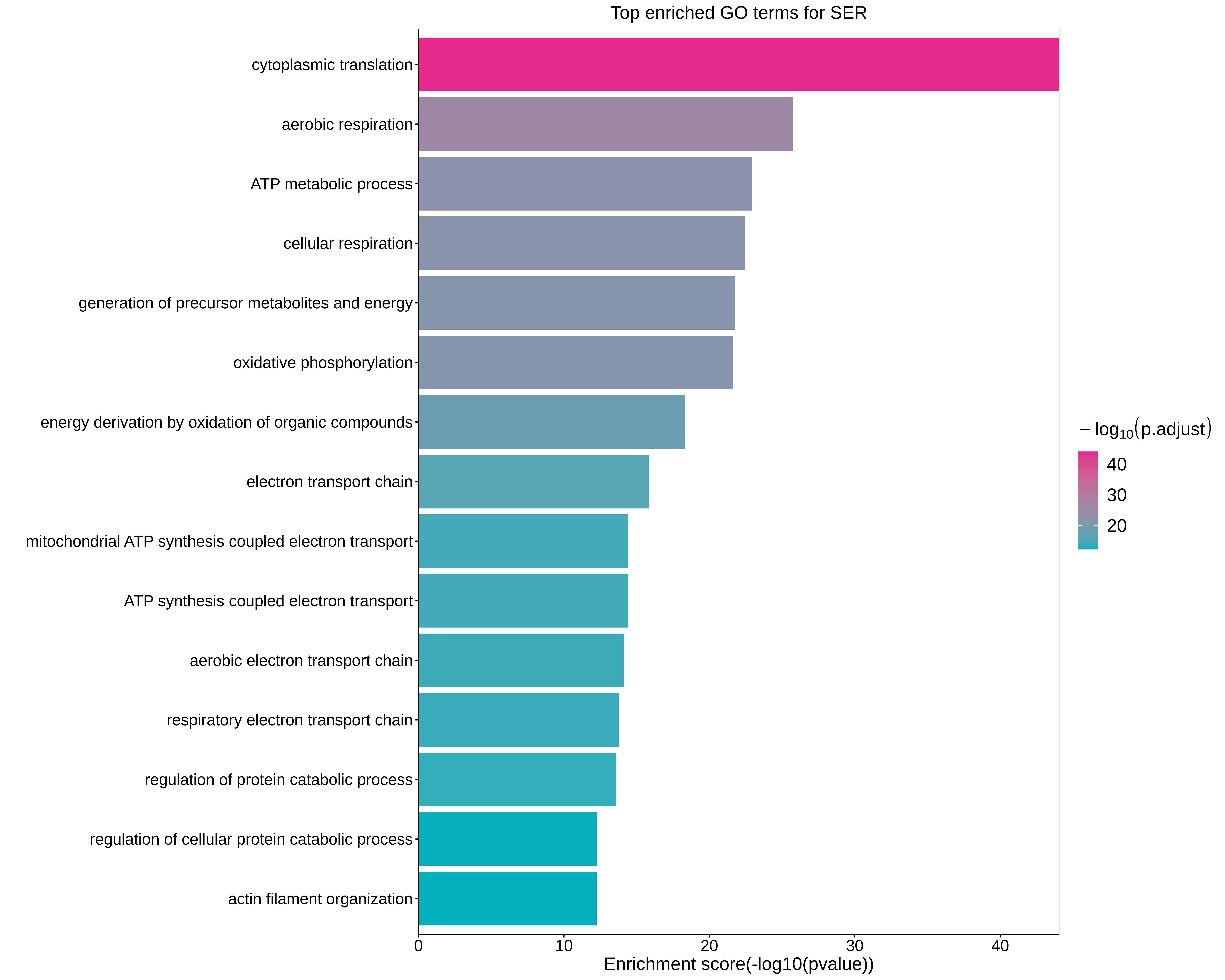

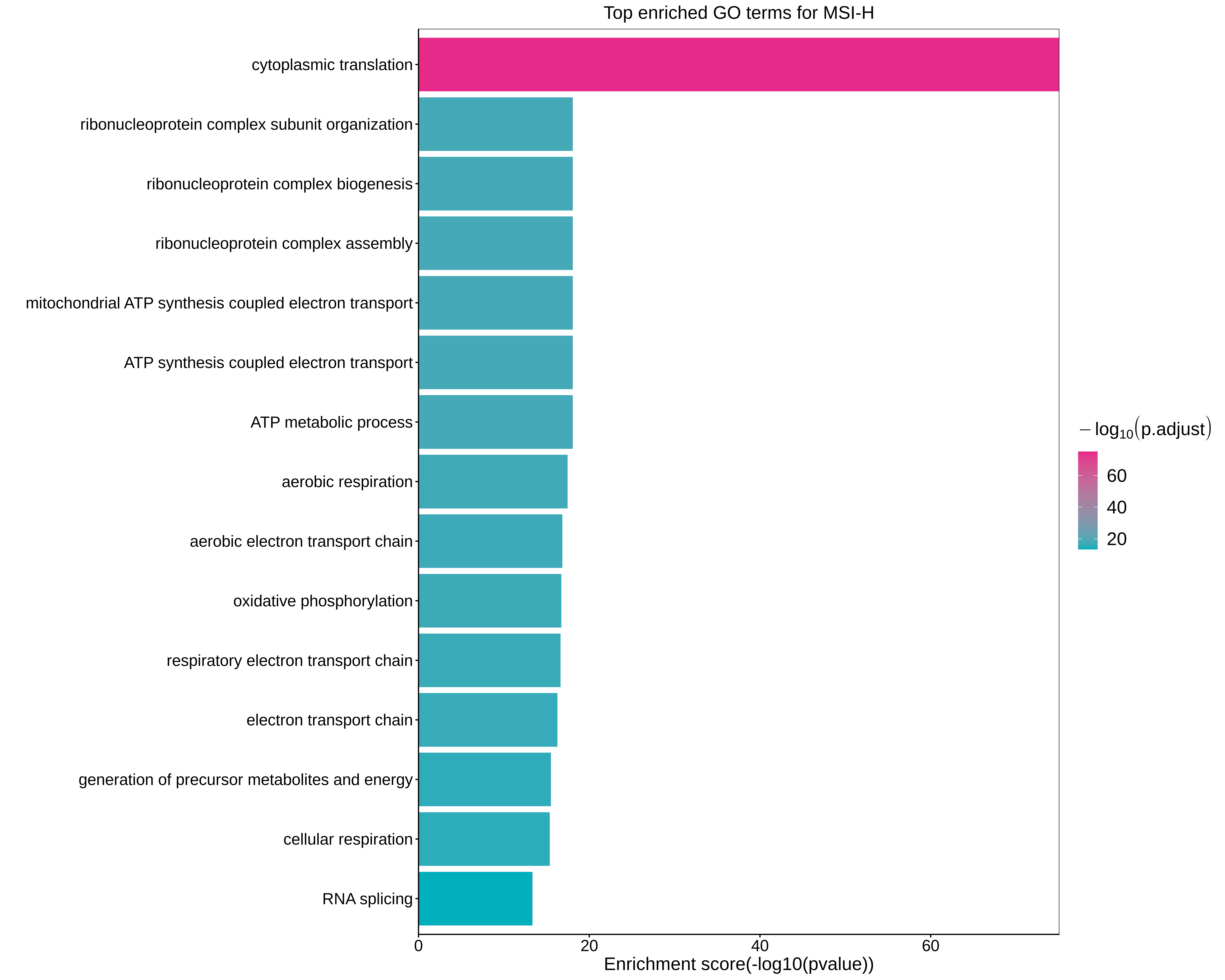
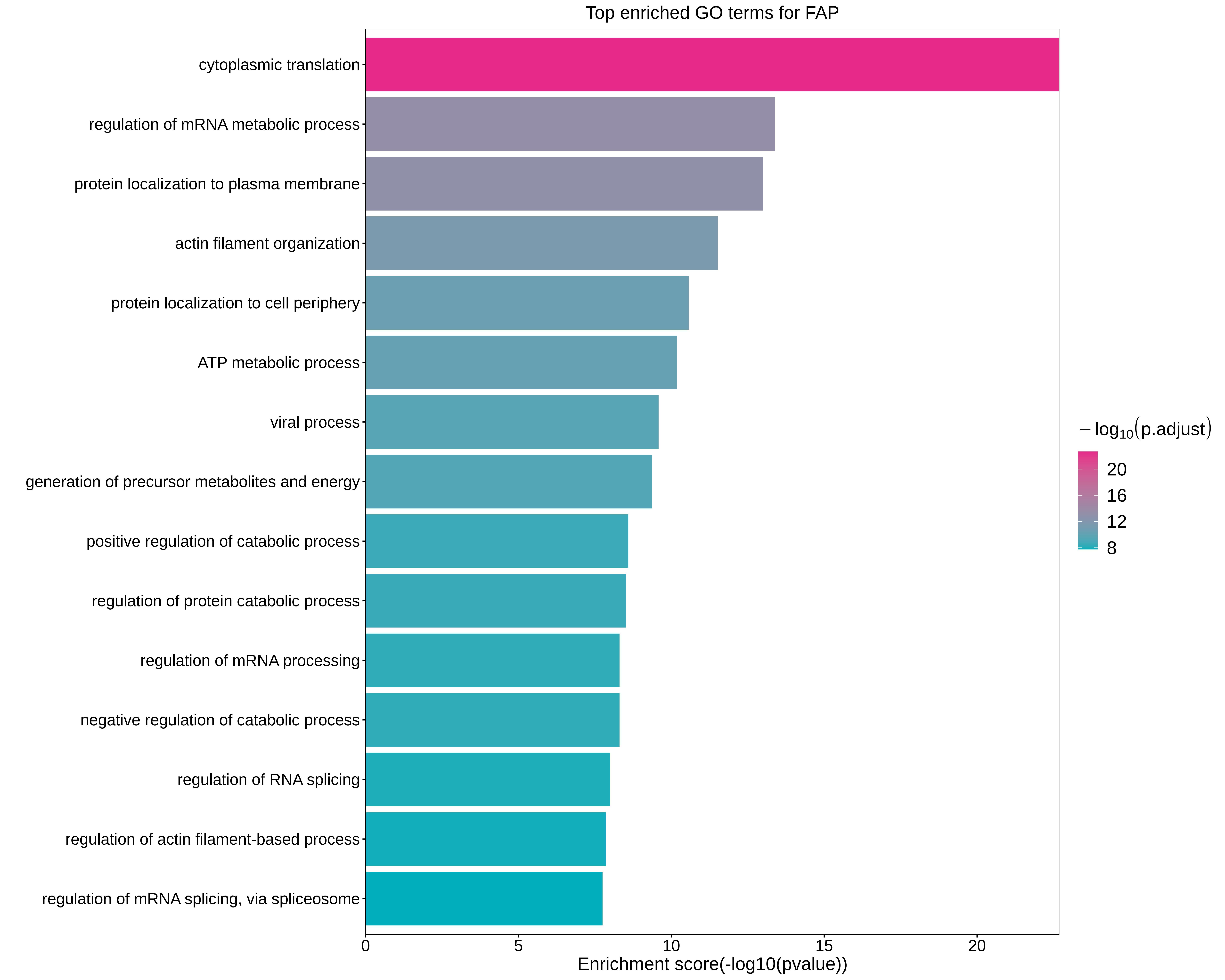
 Identification of potential cell-cell interactions between two cell types and their ligand-receptor pairs for different disease states
Identification of potential cell-cell interactions between two cell types and their ligand-receptor pairs for different disease states Find out the significant the regulons (TFs) and the target genes of each regulon across cell types for different disease states
Find out the significant the regulons (TFs) and the target genes of each regulon across cell types for different disease states Annotation of somatic variants for genes involved in malignant transformation
Annotation of somatic variants for genes involved in malignant transformation Identification of chemicals and drugs interact with genes involved in malignant transfromation
Identification of chemicals and drugs interact with genes involved in malignant transfromation



